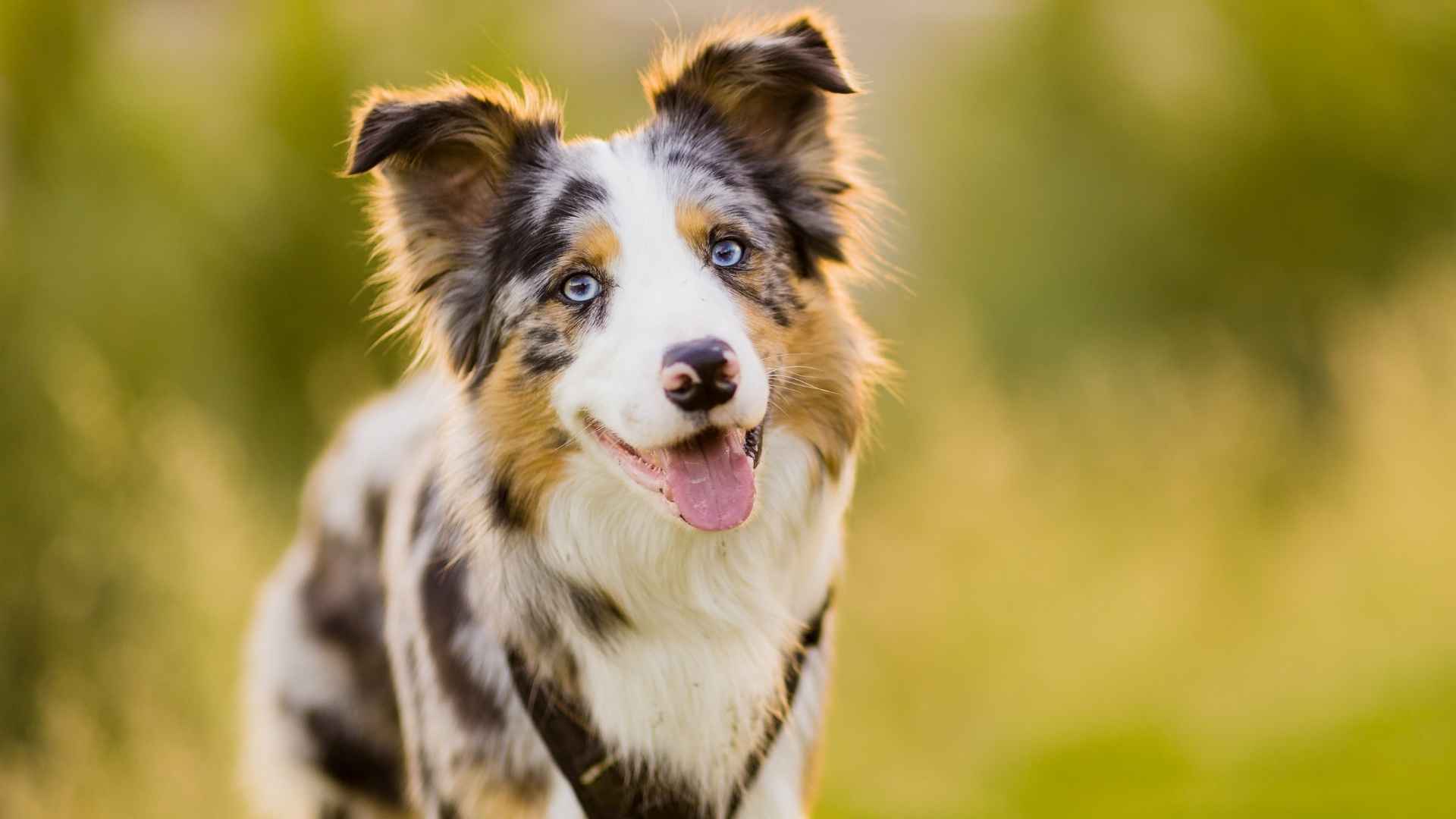Every dog lover dreams of one thing: a happy, healthy pup who’s always ready for a walk, cuddle, or play session. But the reality? Vet visits, surprise health issues, and rising medical costs can catch anyone off guard.
It’s heartbreaking to watch your furry friend suffer, especially when you’ve done everything right. Some breeds seem fine at first, but come with hidden health baggage that shows up too late. That’s why it’s important to make a smart choice right from the beginning.
A dog’s health affects everything — from how much they can enjoy life to how long they’ll be with you. If you want fewer scares, fewer meds, and more years of joy, you need to choose wisely. Don’t worry — we’ve done the work for you.
Here are the dog breeds that are known to have the least health issues, so you can spend more time enjoying your dog, not managing their illness.
Dog Breeds With The Least Health Issues
1. Australian Cattle Dog
The Australian Cattle Dog is built for endurance, with a frame developed for long days of herding across rugged terrain. Its physical resilience isn’t accidental — this breed has one of the cleanest genetic profiles among purebred dogs. Careful breeding has prioritized health and function over aesthetics.
Exceptionally low risk for common conditions
You won’t often see this breed on lists for skin issues, which are frequent in other active dogs, as mentioned in PetMD. Congenital conditions are rare, thanks to a narrower list of inherited vulnerabilities. This sets them apart from breeds that need routine screenings by default.
Long lifespan with active aging
It’s not uncommon for them to stay agile and engaged well into their teens, with some living past 16. Their mental sharpness matches their physical strength, even in older age. Active pet owners often find they can keep up better than dogs half their age.
Natural fit for tough environments
Australian Cattle Dogs are problem-solvers by nature and need both physical and mental stimulation. This makes them a great match for rural or adventure-ready households. Among the healthiest dog breeds, they’re often a top pick for people who value durability over decoration.
2. Australian Shepherd
Australian Shepherds were bred to handle unpredictable weather, long days on ranches, and quick decision-making in tough conditions. That working origin gave them more than just stamina — it also laid the foundation for a strong immune system and fewer hereditary problems.
Fewer orthopedic issues than most active breeds
While many medium-sized dogs face chronic joint concerns, Aussies stand out with notably lower rates of hip dysplasia, as mentioned in this study. Their well-balanced frames and strong muscle tone offer protection against injuries even when they’re highly active.
Mental alertness through aging
Cognitive decline tends to appear later in this breed compared to others of similar size and activity level. With continued training or puzzle work, they stay sharp well into their senior years. This makes them a favorite among pet parents who love engaging, long-term companions.
Consistently ranked among healthy breeds
Australian Shepherds are frequently listed among the healthy dogs that need minimal medical intervention early in life. They do best in environments where their physical and mental needs are prioritized daily.
3. Beagle
Beagles were originally bred to hunt in packs for long hours, which shaped their strong physical stamina and pain tolerance. Their moderate frame supports a balanced gait that reduces joint stress over time. This practical build plays a big role in keeping them off the vet’s radar.
Remarkably low hereditary concerns
Beagles have minimal predisposition to the chronic issues seen in similarly sized dogs, as highlighted in PetMD. They are also less prone to eye and heart diseases often passed through bloodlines. This makes them one of the healthiest choices in the scent hound category.
Slow aging process
They tend to maintain muscle tone and energy into their senior years, showing fewer age-related slowdowns than most breeds. Regular play and walks are usually all it takes to keep their systems running smoothly. Many live well beyond 14 with few complications.
Works well with dynamic lifestyles
Beagles adapt easily to homes with kids, other pets, and changing routines. Their naturally curious and even-tempered nature makes them a solid choice for active families. It’s this balance of health and temperament that often earns them a spot among one of the healthiest small breeds.
4. Greyhound
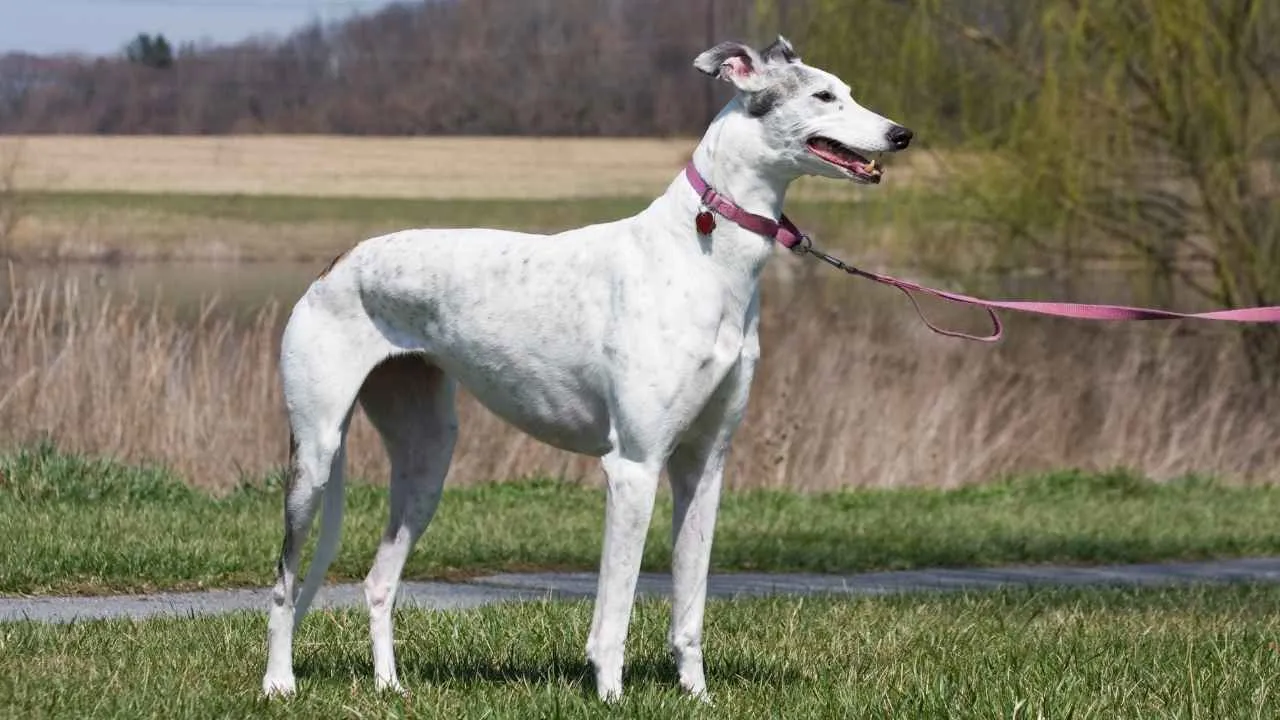
The Greyhound’s lean frame isn’t just for speed—it’s a design rooted in functional anatomy. With low body fat and a large heart relative to size, their internal system works with remarkable efficiency. This plays a major role in their reduced risk for common inflammatory or metabolic conditions.
Remarkably clean medical record
For a dog breed native to some of the earliest civilizations, Greyhounds have avoided the heavy health burdens that often follow long breeding histories. They’re generally healthy with few genetic disorders commonly seen in similarly sized breeds. The breed’s narrow skull and deep chest also play into fewer airway and digestion-related concerns.
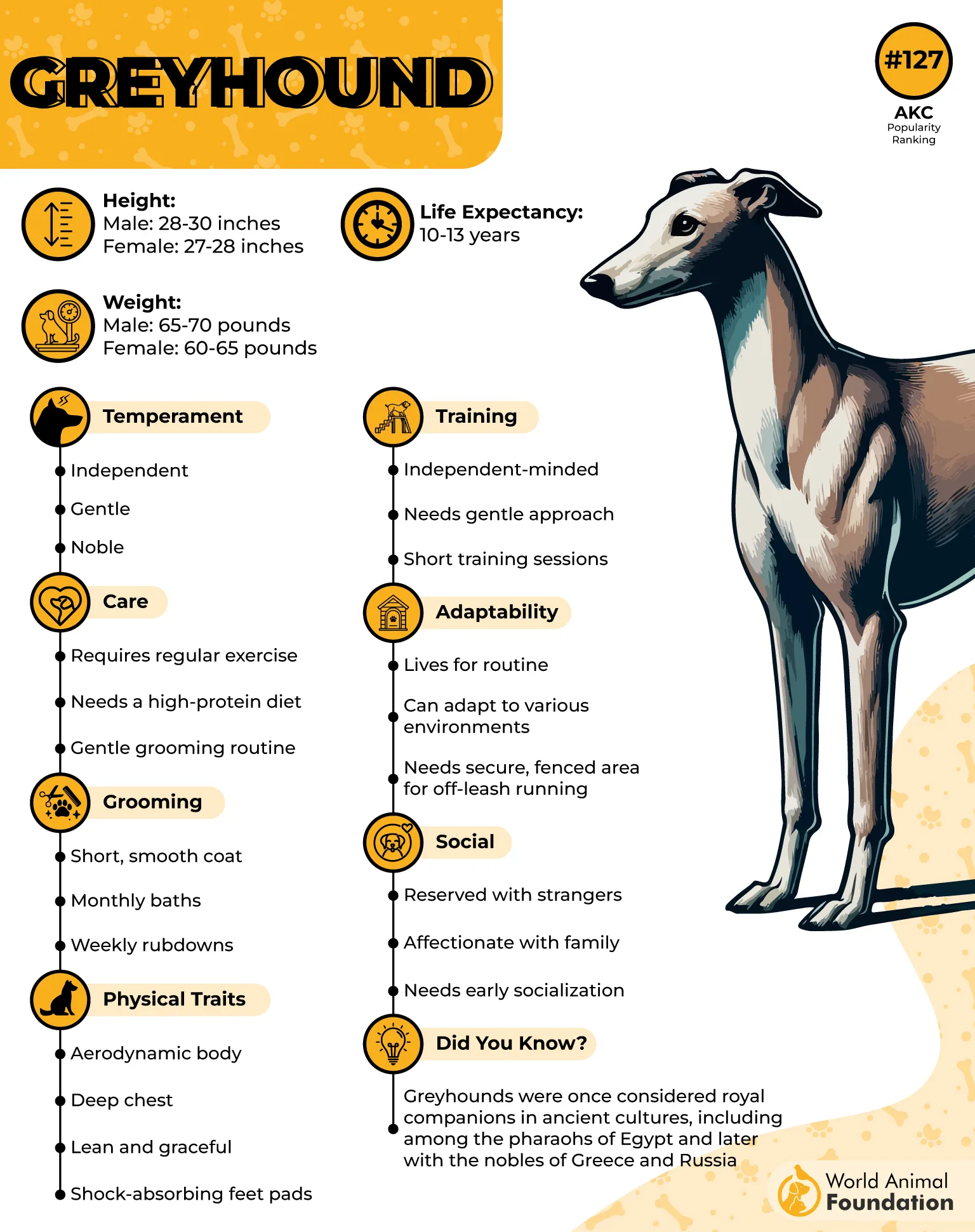
Long life, minimal wear and tear
Despite their size, which often correlates with shorter lifespans, Greyhounds regularly exceed expectations. The average lifespan reaches up to 14 years—rare for large breeds—and they remain agile even in older age. This aging pattern is more common in smaller dogs, making it a unique trait.
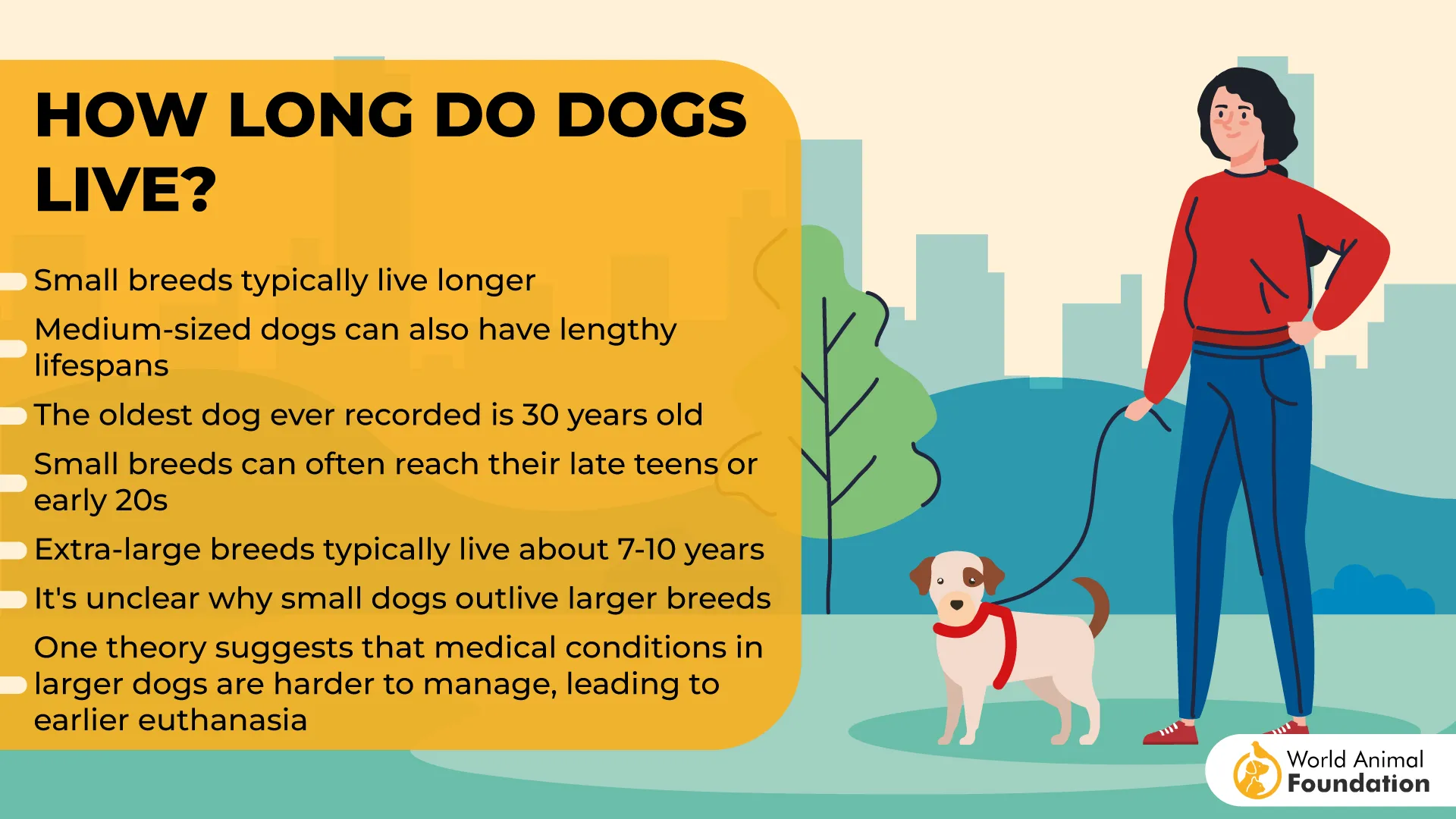
Low maintenance, inside and out
They don’t drool, rarely shed excessively, and often avoid typical skin issues due to their short, sleek coats, as stated in WebMD. Regular vet visits are still a must, but serious medical needs are comparatively rare. Many pet owners appreciate their low upkeep beyond just grooming or temperament.
5. Poodle
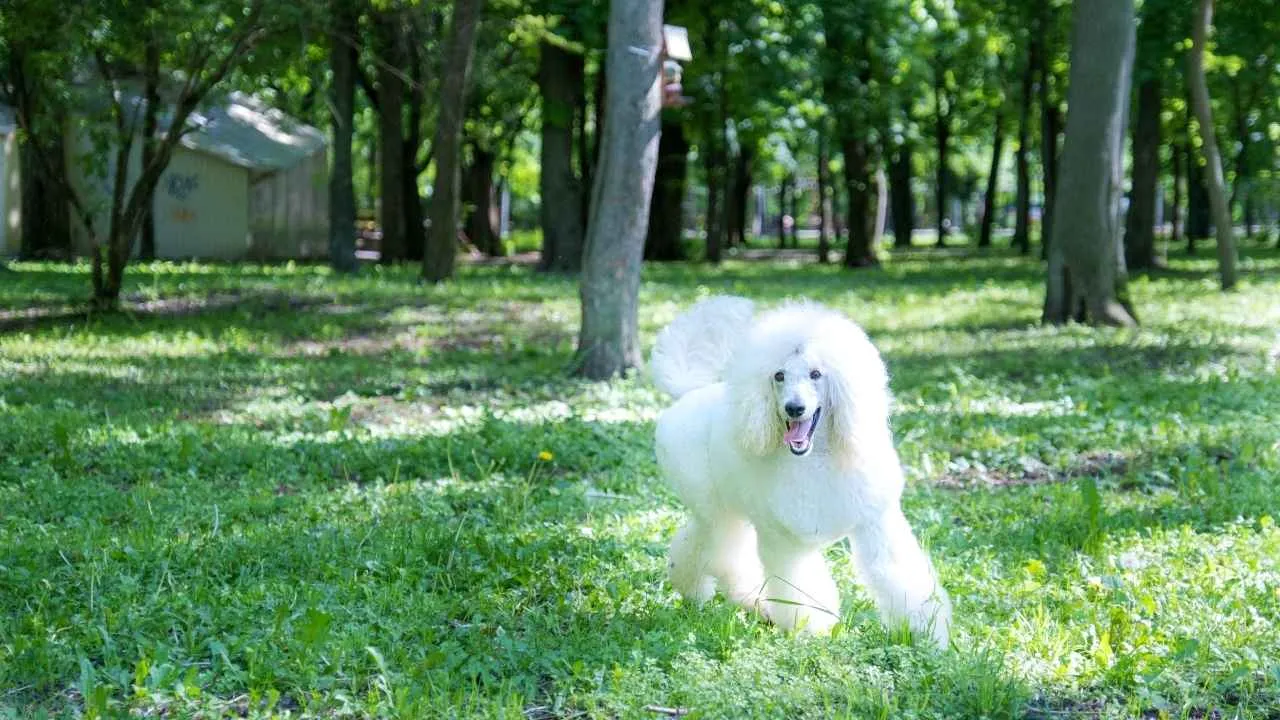
What sets the Poodle apart isn’t just its intelligence but the careful health-focused breeding across all varieties—Standard, Miniature, and Toy Poodles. Each size has been selectively bred with longevity in mind, which reduces breed-specific health concerns significantly. This makes them an exception among long-established dog breeds.
Remarkably long and stable lifespan
This breed often reaches 14–17 years with stable health, especially when fed a proper diet and mentally stimulated. The smaller varieties are particularly long-lived, with toy poodles known to stay alert and active well into old age. Cognitive decline tends to be gradual, not sudden.
Adaptable and low-stress lifestyle
Poodles are quick learners and emotionally balanced, which helps reduce stress-related ailments. Their calm yet engaged temperament makes them great family dogs in both city apartments and suburban homes. It’s not just their genes—it’s how well they adapt to the lives of their pet owners.
6. Border Collie
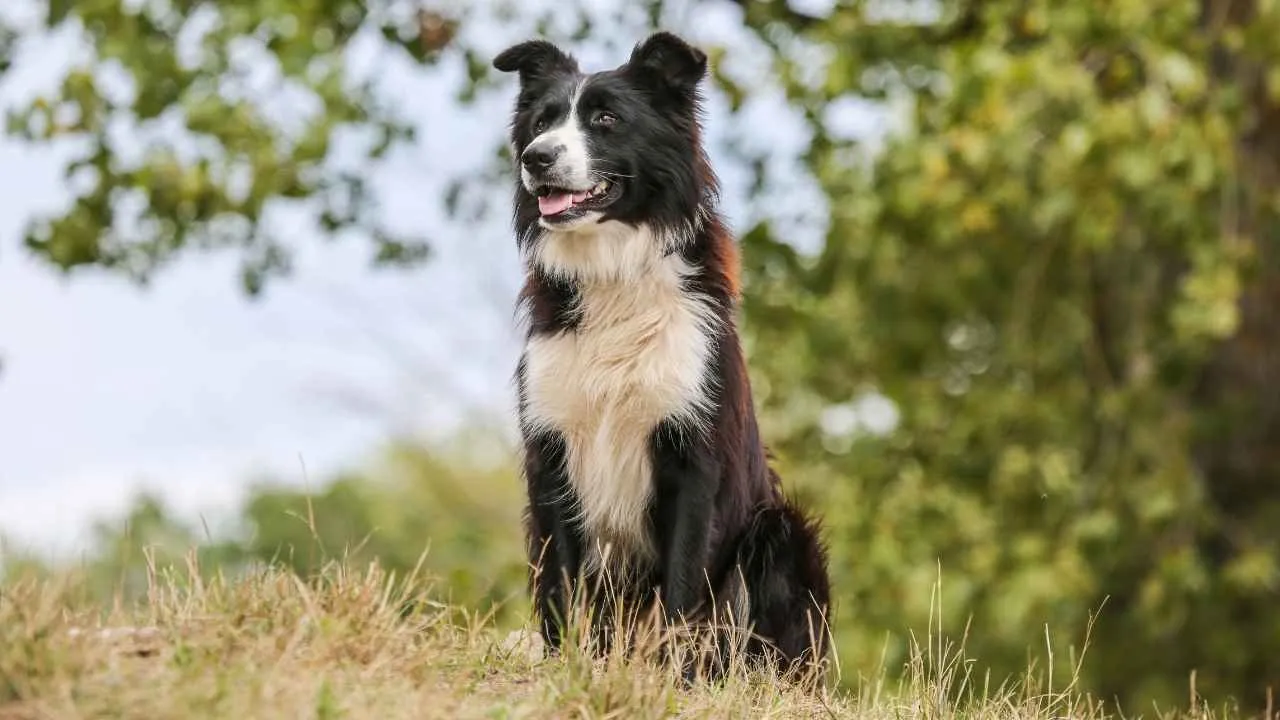
Border Collies weren’t made for the couch — their entire body is engineered for constant motion and high-efficiency work. From cardiovascular strength to lean muscle tone, this breed excels in physical stamina. That active design contributes heavily to their overall long-term health.
Sharp minds, steady bodies
What sets them apart from other breeds is how well their cognitive endurance aligns with physical durability. Their intelligence isn’t just for tricks — it keeps them mentally engaged, which plays a direct role in minimizing stress-related illness. A bored Border is rare if properly stimulated.
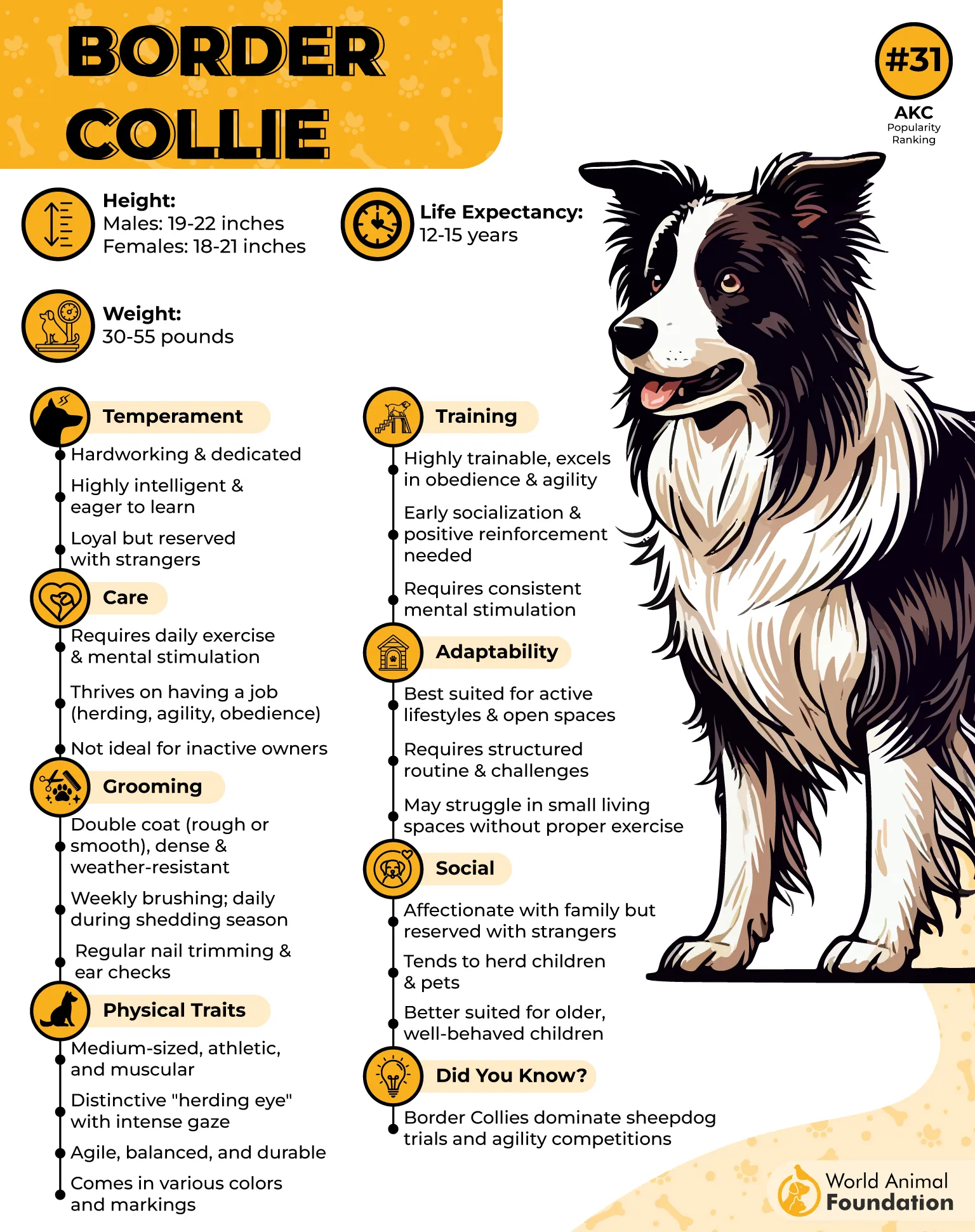
Naturally resilient joints
Border Collies are notably less prone to joint degeneration, even with high agility demands. Their structure distributes impact evenly, making them less likely to suffer from arthritis early on. Few health issues tend to arise if their exercise needs are met consistently.
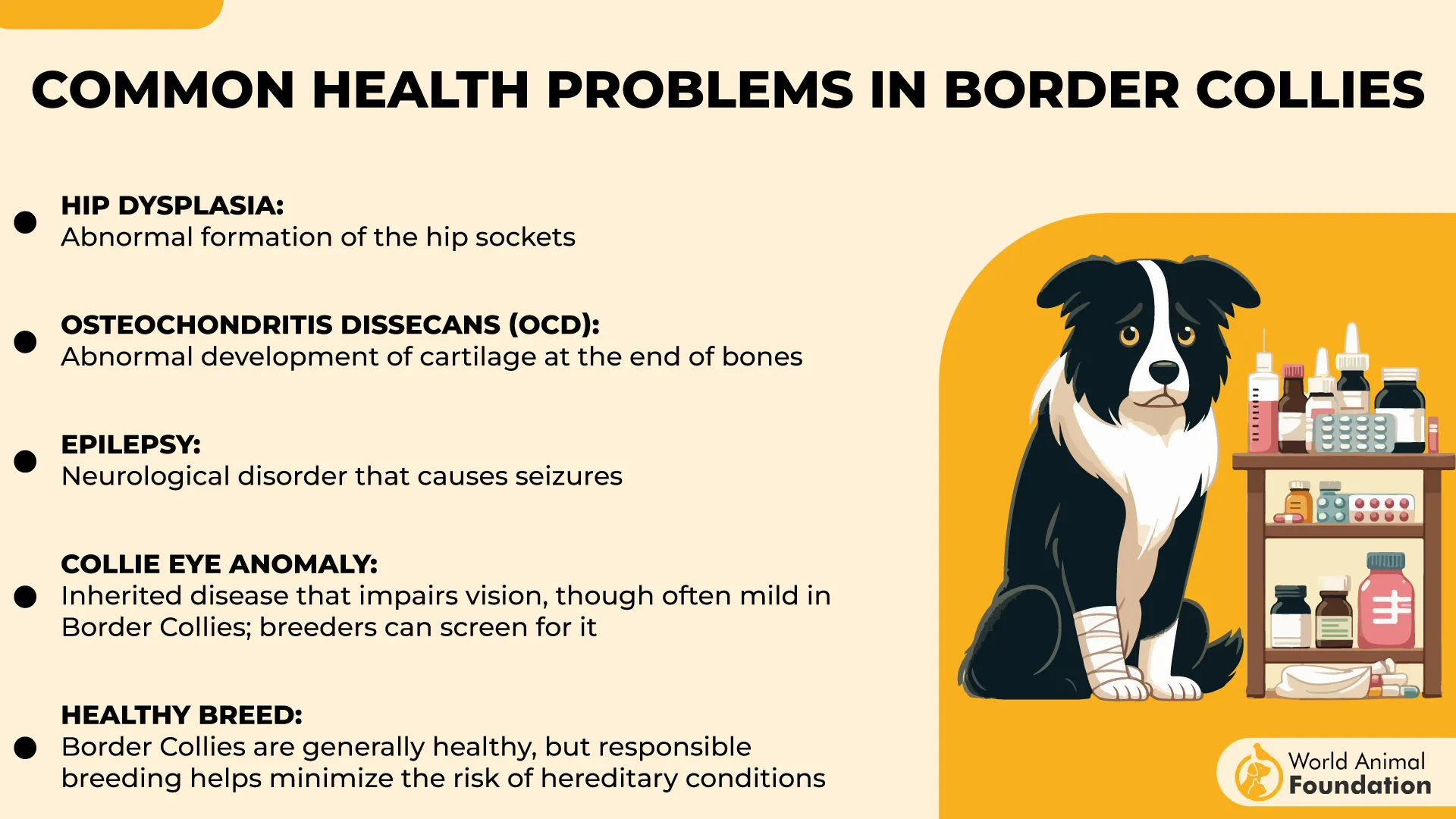
Performance over pedigree
Initially bred for utility, not appearance, Border Collies avoided many of the exaggerated traits that cause minor health issues in modern lines. While other breeds were refined for looks, this one was built for action. It’s no surprise these dogs thrive well into their senior years.
7. Shiba Inu

Shiba Inus are structurally well-balanced, with a compact frame that rarely shows weakness in joints or ligaments. They have one of the lowest incidences of orthopedic problems among medium-small breeds. Their clean genetic lines make them generally healthy dogs when sourced from responsible breeders.
Fast recovery and high resilience
Even when they do face minor injuries, Shibas tend to bounce back quickly. Their immune systems are notably robust, with few recurring skin or digestive sensitivities. They’re less prone to chronic infections, especially when maintained on a clean, balanced diet from a young age.
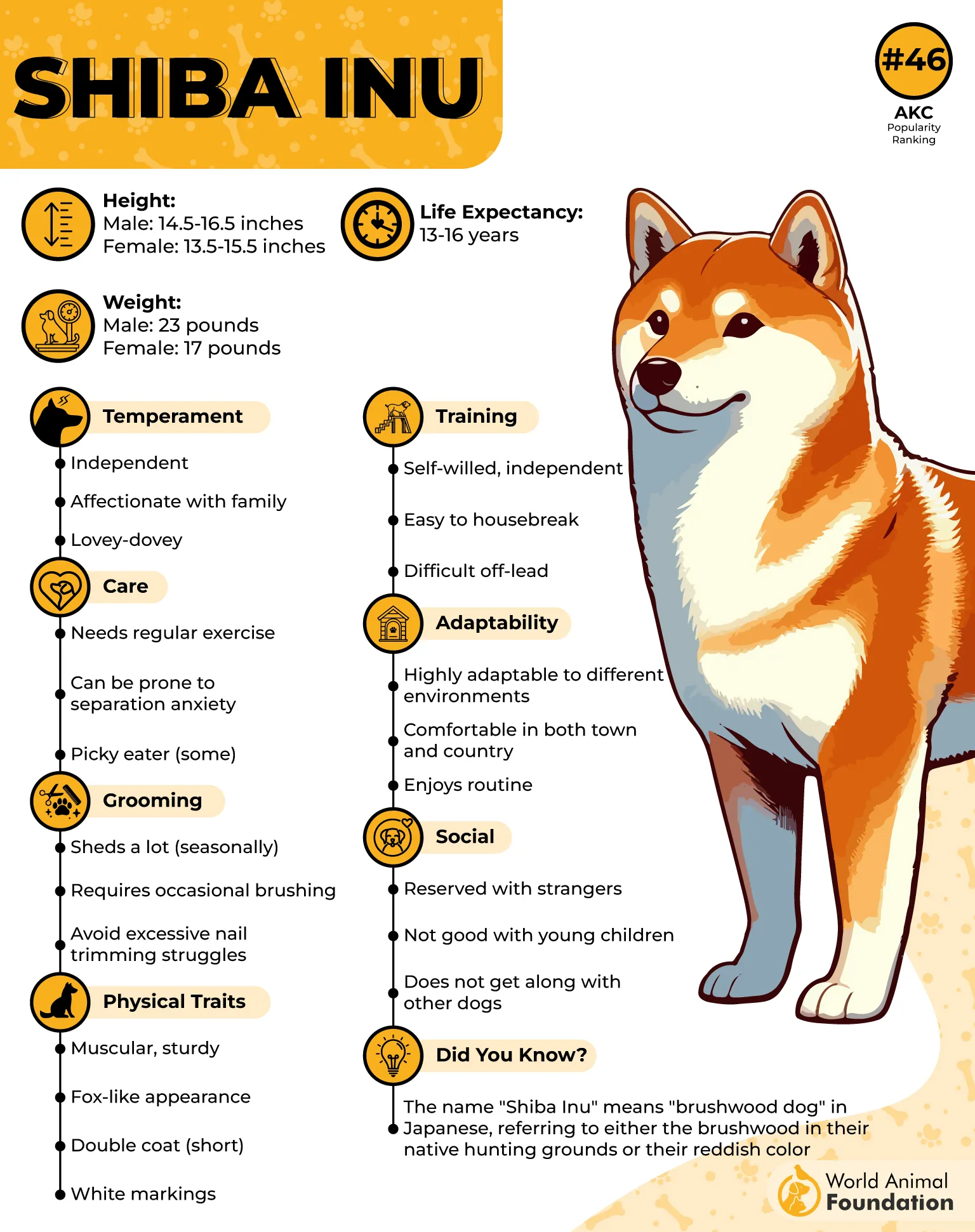
Low predisposition to hereditary disease
This breed shows low rates of issues like heart murmurs, autoimmune disorders, and endocrine problems. Regular vet visits still matter, but preventative care usually outpaces intervention. Shibas often reach their senior years with minimal ongoing medication needs.
Independence promotes better stress handling
They’re naturally independent, and their emotional self-regulation reduces stress-related illness over time. It’s one of the reasons they age so gracefully compared to more dependent breeds.
Conclusion
Choosing a dog is about more than just looks — it’s a decision that impacts years of your life. Some breeds are generally considered healthy, with fewer health conditions and a longer life expectancy, giving owners peace of mind. Whether you’re drawn to the intelligence of herding dogs or the independence of a hunting dog, focusing on health ensures fewer surprises later on.
Dogs that remain healthy with age typically need regular exercise, mental and physical stimulation, and proper training to thrive. From alert dogs to athletic dogs, this list showcases breeds built for vitality, not just aesthetics.
If you’re dreaming of a dog that fits an active lifestyle, look to reputable breeders who prioritize health over trends. The goal isn’t just a long life—it’s a healthy life filled with joy, play, and companionship. Choose wisely now, and both you and your dog will reap the rewards.


